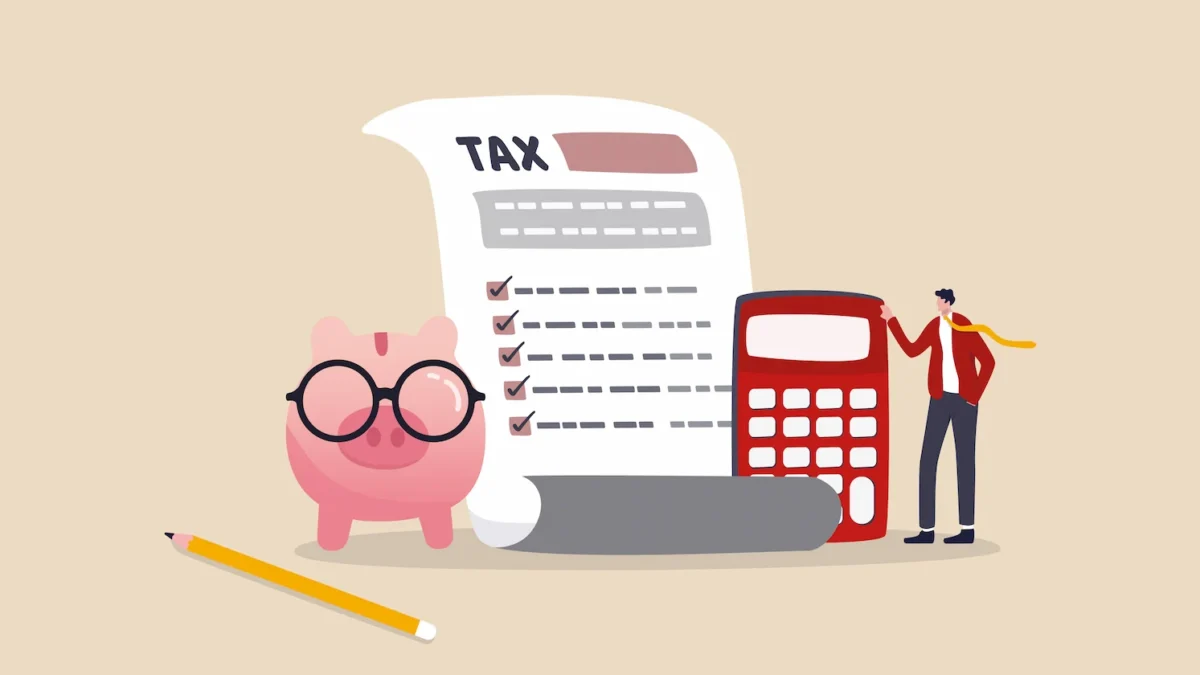With summer drawing to an end and Starbucks unveiling the return of the pumpkin spice latte to its stores, freelancers and self-employed individuals should start making plans so they can minimise the amount of stress they experience at tax season and save money on their filing costs.
Make sure you keep track of expenses and are up to date on filing deadlines to reduce tax burden. Keep track of available deductions and ask a professional to help reduce tax burden.
Keep Detailed Records
Since being self-employed or freelance means having to pay all your own taxes with no withholdings by an employer, tracking your income and expenses carefully will allow you to keep your tax liability under control while fully maximising available deductions and minimising your tax liability and payments to Uncle Sam with money in your pocket.
Have a separate business bank account for payment purposes – it will make income and expense tracking easier and give you stronger receipts to support your tax returns. Know all the deductions available to freelancers. These include home office, technology and software expenses, and professional society dues and subscriptions to magazines and journals in your field.
They have the expertise to help you optimise your tax planning strategy and, most importantly, comply with and understand your filing responsibilities under the federal and state regulations. A good accountant or tax advisor can provide useful information that will save you both time and money when first starting out, or altering your business structure.
Make Quarterly Estimated Tax Payments
Tax laws can be confusing, and you should consult an experienced adviser before making big decisions, particularly where taxes are concerned. The right tax adviser can provide invaluable knowledge and help you on your way to independent success.
Since freelancers do not have federal and state income taxes automatically deducted from pay checks, they should make quarterly estimated tax payments to avoid sticking themselves with a huge year-end tax sticker-shock. To avoid unpleasant surprises, a freelancer should always stay on top of accurate record keeping and budgeting.
Fall is a good time to review estimated tax payments, revise income projections and generally tidy up financial records to facilitate tax season, which will hopefully be less painful and frightening, and prevent penalties and interest on late payments.
Deduct Business Expenses
For a freelancer, the most effective way to reduce taxable income in a given tax year is to keep track of every penny as it is spent and to claim any deductibles. Some claims you can make include home office expenses (calculating the portion of rent/mortgage payment and utilities that are used by your work-from-home self) mileage logs (how many miles you drive for work purposes should be logged for tax deduction), professional dues/subscription fees and health insurance premiums.
Furthermore, tax deductions and credits like Solo 401Ks and Health Savings Accounts should be researched by freelancers. This way, your taxes can be lowered and possible penalties for filing late avoided – all the while having your ‘ducks in a row’ so you can focus on growing their revenues, possibly deduct more expenses than you expected, and leave the tax work to professionals. The author would like to thank Chris Meid, who gave meaningful feedback on this piece.
Contribute to Retirement Accounts
Freelancers and self-employed people can generally struggle with tax because of their lumpy income streams, but a good plan can win them the financial independence they seek.
A Simplified Employee Pension Individual Retirement Account (SEP IRA) lets freelancers and small business owners contribute up to 25 per cent of freelance income, or $66,000 in 2023 (whichever is less) pre-tax for retirement.
It means tax planning what you can do during the year to keep taxes as low as possible and spread out your bill, and not be surprised at the end of the year, which still requires quarterly estimated payments to keep your payment as low as you can and keep out of trouble, and knowing what the tax regulations require you to know to keep you out of trouble, the potholes, and the debtors’ prison, if it’s still enforced.
Consider Incorporation
While freelancing can offer great perks, with this kind of independence comes the burden of self-finance and tax planning. Without the benefit of employer withholdings, tax planning becomes an important tool in ensuring you’re paying the least you need to, and maximising the deductions you are eligible for.
Keeping these totally separate makes solving both financial scariness and confusion easier, and used correctly can make work and tax compliance much clearer. And contributing to retirement vehicles such as registered retirement savings plans (RRSPs) or tax-free savings accounts (TFSAs) can make you much more money on your own than you might anticipate.
If you do not yet have a corporate structure in place, consider talking to an advisor about the benefits of incorporation and the process. A tax advisor may be a good person to help you maximise the benefit of a strategy while minimising risk – and save money in the process.


